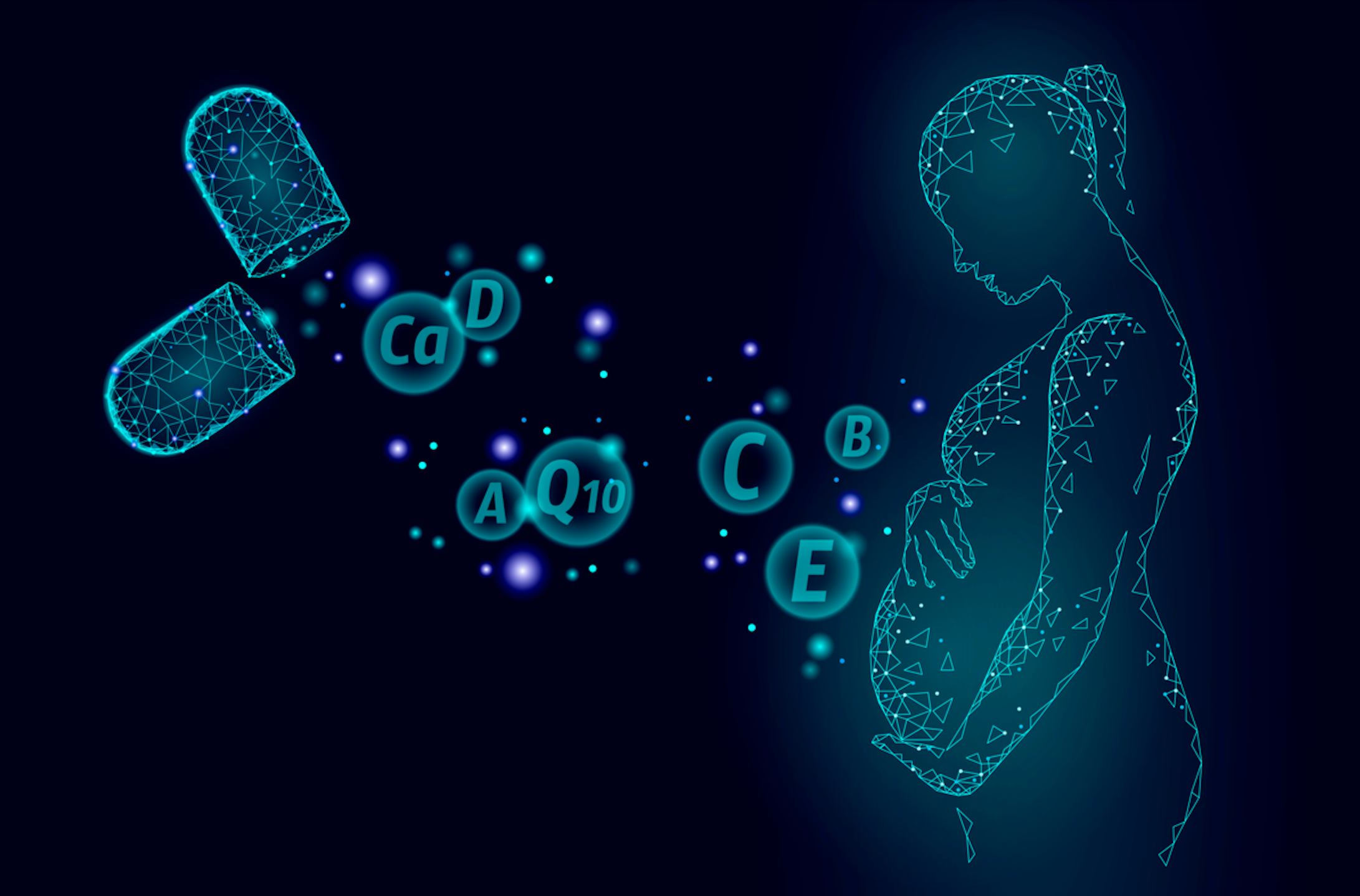Anaemia and depletion of iron stores as risk factors for postpartum depression: A literature review
This 2019 review examined the link between anemia and/or iron deficiency with postpartum depression (depression during the period immediately after childbirth). Iron deficiency and anemia are common in women during pregnancy and postpartum due to blood loss and increase in demand. But many women may also enter pregnancy with low iron stores. After identifying and analyzing 17 studies (randomized-controlled trials and observational studies) that assessed the impact of anemia, iron-deficiency, and iron supplementation on the risk of postpartum depression, Wassef et al. discovered that most studies (8 out of 10) observed higher prevalence of postpartum depression in anemic women. Low levels of ferritin (blood protein that contains iron) in the postpartum period, but not during pregnancy, was associated with elevated risk of postpartum depression. This risk was reduced by supplementing with iron during the postpartum period (indicated by 4 out of 5 studies) but administration during pregnancy did not provide protection from depression. While additional studies should hopefully confirm this association, it is deduced that anaemia and/or iron deficiency may contribute to postpartum depression in at-risk women. [NPID: postpartum mental health, nutrients in pregnancy, pregnancy, anemia, iron, postpartum depression, blood loss, ferritin]
Year: 2019
 Navigation
Navigation






